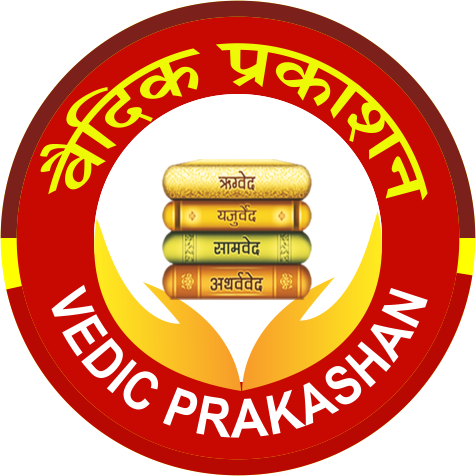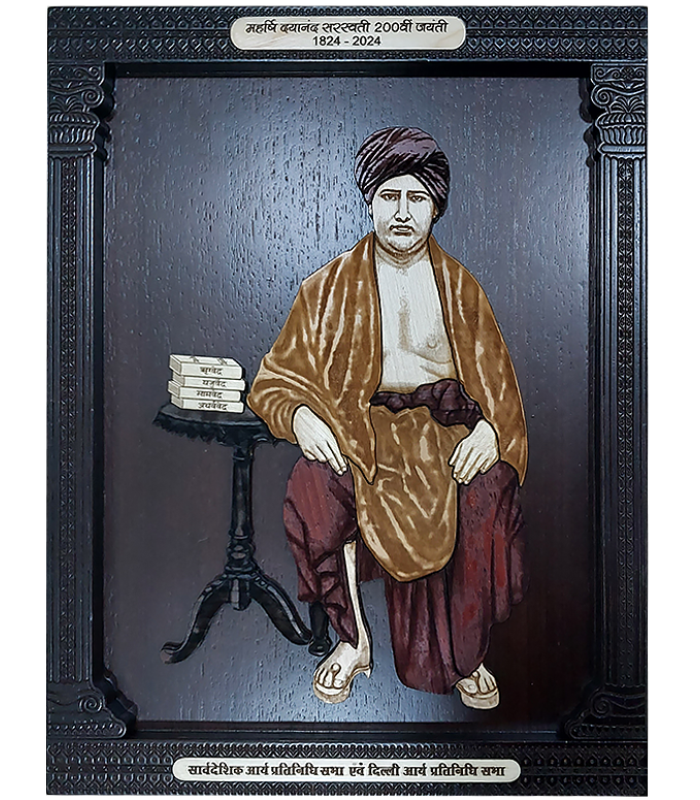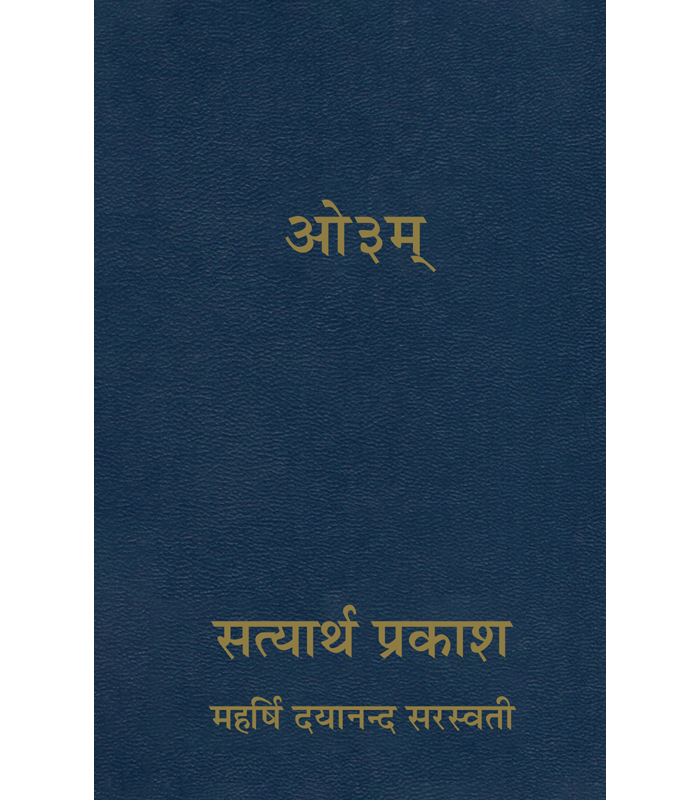
Here’s NPR’s Allison Aubrey with what researchers have learned so far. If you want to change your relationship with alcohol, it’s important to have an honest conversation with a doctor about your drinking habits before you start tapering off. They’ll be able to help you create a tapering schedule that won’t only raise your chance of success but also avoid severe symptoms. If you’re a heavy drinker, you may need to wean off alcohol to let your body adjust. If you’re experiencing severe symptoms of alcohol withdrawal, be sure to talk to a healthcare provider. Alcohol saps your body’s hydration—and it’s widely known that your skin needs hydration to stay plump and healthy.

Reduced risk of cancer and other serious diseases
The U.S. has had a long, complicated relationship with alcohol. From the Prohibition era to today’s popular culture of hard seltzers and celebrity tequilas, drinking has been ingrained in our social activities. We celebrate with beers when our teams win taking a break from alcohol and give toasts for weddings and work promotions, and especially on festive occasions like New Year’s Eve. When you quit alcohol cold turkey, you quit drinking completely and suddenly.
Clearer skin
- You might run into obstacles along the way that tempt you to drink.
- “The liver gets rid of acetaldehyde pretty fast, but it is toxic and it damages the liver over time,” White says.
- When the temptation to reach for a wine or beer hits, take a look at our favourite alcohol-free sips to try instead here.
- If you’re keeping up with this average (or less), the damage from alcohol is most likely minimal.
- If you turn to alcohol to manage emotional distress, the added overwhelm can prompt the urge to drink, making success seem even more out of reach.
“Even moderate drinkers who stop drinking for two months tend to overdrink when they start again,” Dr. Koob says. Nobody really knows why, he says, but it seems to be some kind of overcompensation for the time you lost. It may be that your drinking habits calm down after the novelty of celebrating a month or two of sobriety wears off, but Dr. Koob says it’s important to keep it on your radar so you can avoid overdoing it. Symptoms can range from headache, elevated blood pressure, heart Alcoholics Anonymous palpitations, and nausea and vomiting to tremors, hallucination and in severe cases death. “There is early evidence that even taking a one month break from fairly low levels of consumption reduces some burden on the liver,” White says. This sober curious movement is relatively new, and scientists are just beginning to study the health effects of taking a short break from alcohol.

What happens when you stop drinking for 30 days
You should always consult a trusted health professional before making decisions about your health care. While we have prepared the information carefully, we can’t guarantee that it is accurate, complete or up-to-date. And while we may mention goods or services provided by others, we aren’t specifically endorsing them and can’t accept responsibility for them. For these reasons we are unable to accept responsibility for any loss that may be sustained from acting on this information (subject to applicable consumer guarantees). When the temptation to reach for a wine or beer hits, take a look at our favourite alcohol-free sips to try instead here.
- If you’ve been drinking heavily for a long time and think you might experience withdrawal symptoms, it’s best to talk with a medical professional before you begin a taper.
- For college students, being dry is the best thing to do,” he said.
- As you begin to notice those health benefits, you’ll likely feel more energized and inspired to keep up your progress.
- After all, a serving of alcohol is a 12-ounce beer, 5-ounce glass of wine, or 1.5 ounces of hard alcohol.1 Most people have more than that at happy hour or on the weekend.
Not too long ago, a group of women in a bar who were not drinking alcohol would have seemed kind of strange. Still, abstaining from alcohol — on a short-term basis or longer term — is becoming more common. If your vacation from alcohol is temporary, proceed with caution when you start drinking again.
Food Is Medicine research hits home, helps patients improve long-term health
All these strategies can help you stay motivated in your efforts to take a break from alcohol. Rethinking Drinking is also a tool for helping you examine your relationship with alcohol. Depending on how much a person drinks, taking a break from alcohol for a month could lead to myriad positive changes. Waking up without the fatigue, malaise and other common symptoms of hangovers could greatly improve one’s quality of life. In addition, potential improvements in health and wellbeing could have positive effects on relationships. And, for some people, the financial savings could be substantial.


For some people, heart damage from alcohol overuse isn’t reversible after any amount of time. The good news is that the sooner you lower your intake, the better it will be for the health of your heart. Alcohol is a sedative, so you’d think it would help you sleep better. While drinking could help you fall asleep, it suppresses REM sleep, the restorative part of your sleep cycle, Dr. Leavey says.
Alcohol withdrawal can have dangerous effects
It’s up to you as to whether and when to change your drinking. You donʾt have to wait until you develop alcohol use disorder (AUD) or other alcohol-related problems to evaluate your relationship with alcohol. Even participating in events such as Dry January and Sober October can offer the opportunity to take a break from alcohol to understand how it is affecting your life. Other people may be able to help, but in the end, it’s your decision. While people may enjoy a nightcap, thinking it helps them unwind, alcohol actually has the opposite effect – it causes fragmented sleep, which means you won’t get deep sleep and you’ll wake up more often. If you do want an evening drink, good sleep hygiene dictates you avoid alcohol three hours before bedtime.
- And often that includes new ways to take agency over our health.
- By avoiding alcohol, you’re taking a big step toward improving physical health.
- For these reasons we are unable to accept responsibility for any loss that may be sustained from acting on this information (subject to applicable consumer guarantees).
- It’s always a good idea to periodically examine your relationship with alcohol.
- Erin is a Nurse Practitioner with 8 years of experience in midwifery and women’s health.
In the short term, alcohol is processed through your liver in about an hour. Essentially, feeling “drunk” is when your liver becomes too overwhelmed to properly process alcohol, so it overflows temporarily into your bloodstream. This is what causes you to feel light-headed or tipsy after multiple alcoholic drinks. Of all your body’s organs, your liver takes the biggest =https://ecosoberhouse.com/ hit when it comes to alcohol. Even if your relationship with drinking consists of occasional social drinking with friends or occasionally over-indulging in wine and cocktails during the holiday season, alcohol can still leave its mark. It’s hardly a secret that having a few drinks alters the way your brain works.




















 Calendar
Calendar Flyers
Flyers